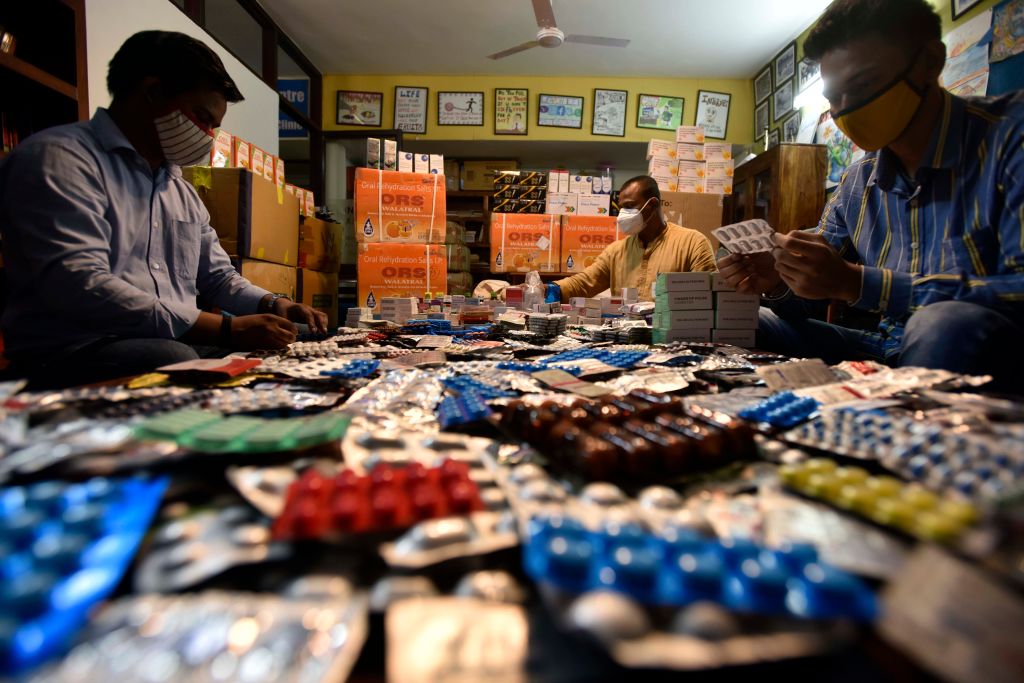The Central government has appealed to the Delhi High Court for additional time to develop a policy regarding the online sale of medicines, citing the complexity of the issue and the extensive ramifications any alterations in the drug sales process might entail.
The High Court has granted the Union Ministry of Health and Family Welfare a final opportunity of four months to formulate the policy. A bench comprising Acting Chief Justice Manmohan and Justice Manmeet PS Arora emphasised that failure to produce the draft policy before the next hearing would prompt the court to proceed with the matter.
Several petitions were under consideration by the High Court, including ones advocating for a ban on the illicit online sale of drugs and contesting the draft regulations proposed by the Ministry to amend the Drugs and Cosmetics Rules. The court scheduled further hearings for July 8 and previously requested the Centre to submit a status report on the petitions.
During the recent hearing, the ministry’s joint secretary appeared in court in compliance with the bench’s order from November of the previous year. The court had remarked that more than five years had passed, giving the Union of India ample time to formulate the policy. The officer requested an additional four months to draft the policy in accordance with the notification issued on August 28, 2018.
The Central government argued that the issue of online drug sales is intricate, and any changes to the sales process would necessitate amendments to multiple laws and regulations, including the Drugs and Cosmetics Act, Pharmacy Act, Pharmacy Practice Regulations, Indian Medical Act, Code of Ethics Regulations, and the Drugs and Magic Remedies (Objectionable Advertisement) Act.
One of the petitioners, the South Chemists and Distributors Association, contested the August 2018 notification, alleging that the draft rules were being pushed through in violation of the law, disregarding the health risks associated with unregulated online medicine sales.
Another petitioner, Zaheer Ahmed, sought contempt action against e-pharmacies for persisting with online drug sales despite a high court order restraining such activities. The court had previously stayed the sale of drugs without licenses by online pharmacies while hearing Ahmed’s Public Interest Litigation (PIL).
The PIL also requested contempt action against the Central government for allegedly failing to take action against non-compliant e-pharmacies. Some e-pharmacies argued before the court that they did not require licenses for online drug sales as they merely facilitated deliveries, akin to food delivery apps like Swiggy.
The High Court had earlier summoned responses from the Centre, Delhi government, Central Drugs Standard Control Organisation, and the Pharmacy Council of India regarding the petition. The petitioner contended that the unregulated online sale of medicines posed a risk of a drug epidemic, drug abuse, and misuse of addictive drugs, violating citizens’ right to a safe and healthy life under Article 21 of the Constitution.
The PIL cited conclusions from the Ministry of Health and Family Welfare, the Central Drugs Standard Control Organisation, and an expert committee, all of which deemed online medicine sales to be in contravention of the Drugs and Cosmetics Act, 1940, and other relevant laws.
(With PTI inputs)





